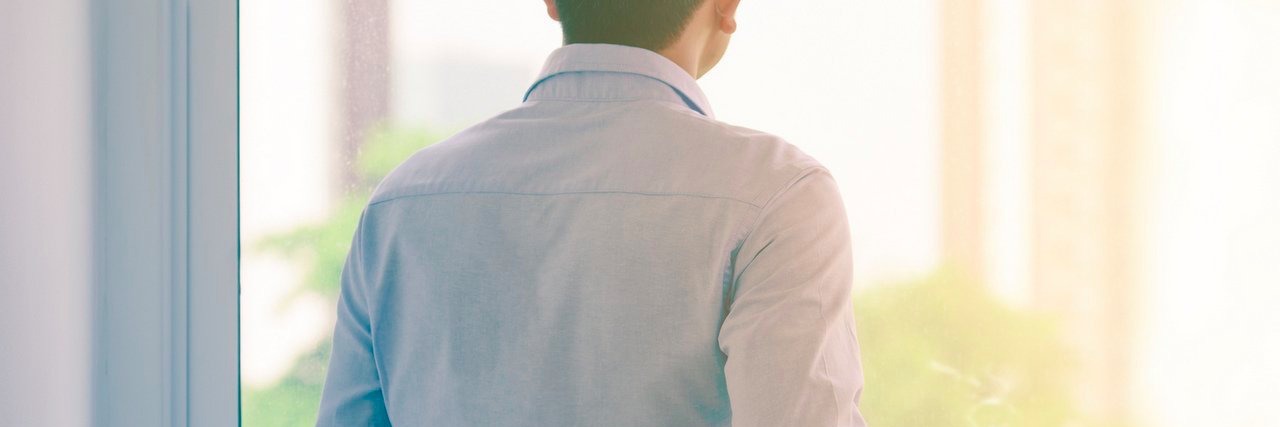“Let’s start a family, I’m ready.”
Anyone who has ever dreamed of having children longs to hear those words. However, the same words can elicit a sense of uncertainty among those who have been diagnosed with a debilitating genetic condition. 80 percent of rare diseases are genetic in origin, and approximately 50 percent of those affected are children, according to Global Genes. What does one do when faced with the reality that having biological children may result in unimaginable hardship?
I was born with a rare and genetic blood disorder. I wasn’t diagnosed until adulthood, but I grew up with the fear that I may pass my condition on to my potential children. I recall arguing with myself and my partner about the implication that I would allow a child to endure the same challenges I did.
To put my mind at ease, I sought genetic counseling in order to find out the likelihood of passing on my condition. Fortunately for me, it was revealed there was a 25 percent chance my children would be carriers of my condition. Being a carrier would mean they would have the trait, but it wouldn’t manifest the condition as it has in me. This was an acceptable risk to me, and I let out a great sigh of relief and a lot of tears. But it doesn’t always go that way for others.
Kara also has a rare blood disorder, which she wasn’t aware of until she was pregnant with her first son, Brian. At 39 weeks pregnant, Brian stopped moving in the womb and had to be delivered by C-section. Brian had multiple birth complications, and at 3 and a half months old, he was diagnosed with congenital dyserythropoietic anemia type 1. This diagnosis led Kara and her husband to decide to no longer have any more biological children. Instead, they most recently decided adoption is the right choice to grow their family.
An unseen conflict can occur internally when someone with a genetic condition hopes to have a family. Even more so, those hopes can be quickly dashed when faced with having children and the journey may be full of challenges and hardships.
For Jenna, who has Ehlers-Danlos syndrome (EDS), being pregnant was difficult, debilitating and rendered her permanently disabled. Lizzy, who also has EDS, had children but carries no hope of ever having grandchildren. Her children have sternly decided not to have children, so they could avoid the difficulties they faced growing up.
It’s apparent that the lengths to which a person with a genetic condition will go to in order to have a family goes beyond the expectations of someone in picture-perfect health. Claire, who was diagnosed with congenital dyserythropoietic anemia type 2 as a child, underwent an arduous journey in order to create her family as well as safeguard her children from the same condition. She consulted with her obstetrician who suggested she begin a regiment of fertility injections. Three times a day for months in and months out, like clockwork, Claire would administer hormone injections to herself. After over a year’s time, she was able to become pregnant and later gave birth to two healthy twin boys, Wyatt and Leo.
Aside for internal conflict over the prospect of having children, those living with genetic disorders are sometimes scrutinized by medical professionals and even family members for wanting to have a family. People call into question a moral obligation to spare the future generation from such challenges. It’s not negligence to want to have children of your own. For many people, it’s a hallmark and highlight of accomplishment. The counterargument for such a claim is that having been born or diagnosed with a genetic condition better equips us to have children, especially if they have the same condition, for having lived with it.
It’s obvious that those who are living with a genetic condition have to be more methodical and critical when it comes to family planning. For some, the choice is easy. For others, it may be a daunting challenge that is worth all the time and effort in the end. There are those who will have to give up the hopes of having children of their own, but they’re at peace knowing they have the support of friends and family.
In the end, family isn’t always who you are related to by blood, but who relates to your heart.
We want to hear your story. Become a Mighty contributor here.
Lead photo by Thinkstock Images

